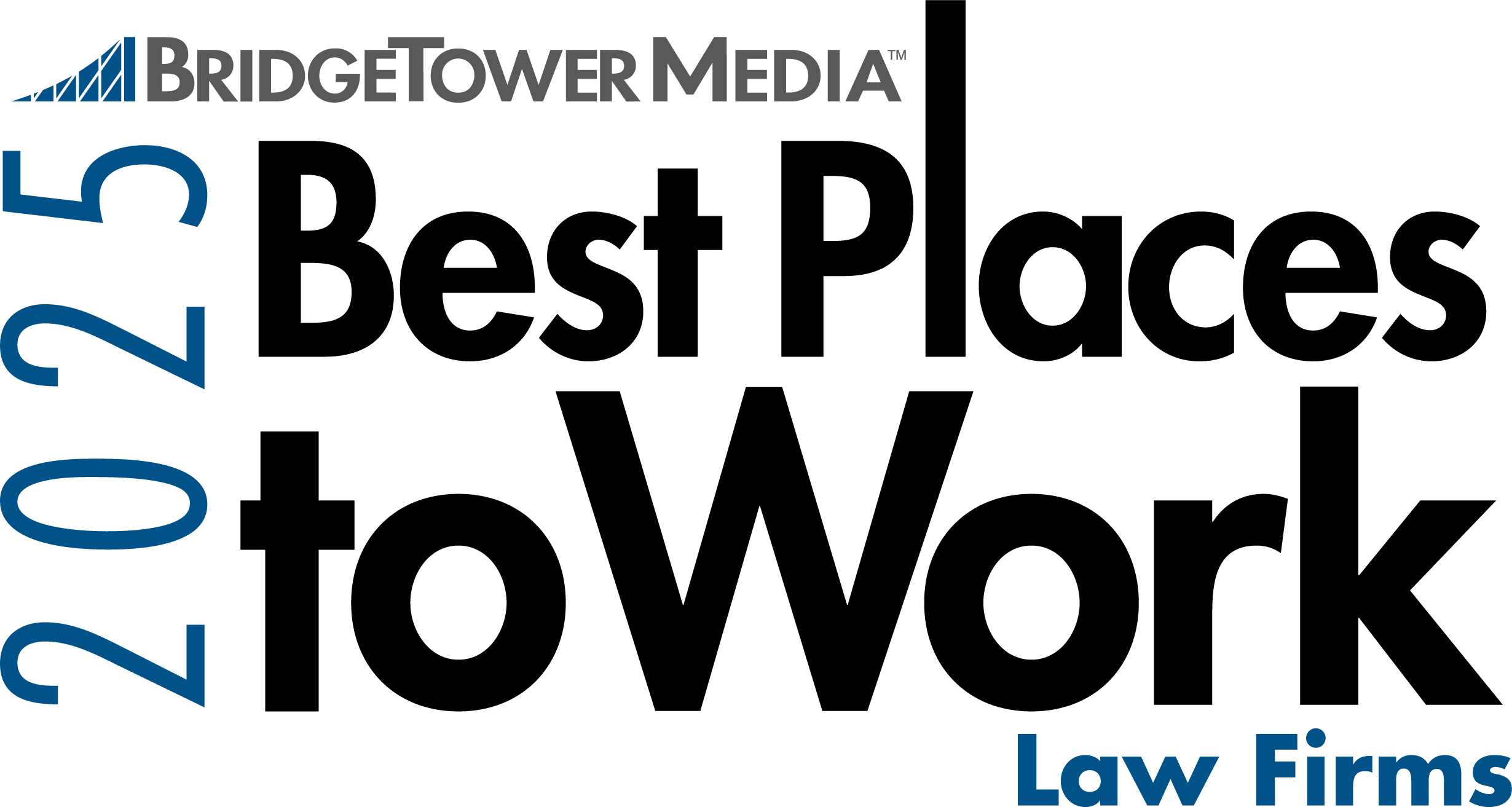After a motorcycle accident, nothing is more important than your health and recovery. However, we understand that focusing solely on healing is a luxury most people can’t afford. As medical bills begin to fill your mailbox and you’re unable to work, the financial stress can become just as debilitating as the physical pain.
This is the moment where taking deliberate steps to protect your claim becomes essential, not just for seeking justice, but for ensuring you have the resources to cover your medical costs and secure your family’s future. A motorcycle crash lawyer in Cape Girardeau, MO can help you navigate this process and fight for the compensation you deserve.
Your Health Is the Absolute Priority
Before we discuss anything else—insurance, evidence, or legal matters—we must focus on what is most important: you. Your physical and emotional recovery is the foundation upon which everything else is built.
Seek Immediate and Thorough Medical Evaluation
Even if you were treated by paramedics at the scene or visited an emergency room, it is crucial to follow up with your primary care physician or a specialist. The adrenaline that floods your system during a traumatic event is a powerful painkiller. It can mask serious injuries for hours or even days. You might have walked away from the crash feeling sore but generally “okay,” only to wake up a day or two later in debilitating pain.
Common delayed-onset injuries after a motorcycle accident include:
- Concussions and Traumatic Brain Injuries (TBIs): You don’t have to lose consciousness to suffer a concussion. Symptoms like headaches, dizziness, confusion, memory problems, or sensitivity to light can appear later.
- Whiplash and Neck Injuries: The violent motion of a crash can cause severe damage to the soft tissues in your neck and spine.
- Internal Bleeding or Organ Damage: These are life-threatening injuries that may not present obvious external symptoms right away.
- Soft Tissue Injuries: Sprains, strains, and deep bruising can cause chronic pain and limit your mobility if not properly treated.
Why This Is Legally Crucial: From a legal standpoint, seeking prompt medical care creates a clear and documented link between the accident and your injuries. If you wait weeks to see a doctor, an insurance company will almost certainly argue that your injury was caused by something else that happened after the crash, or that it wasn’t serious enough to warrant immediate attention.
Follow Your Doctor’s Orders Religiously
Your doctor’s treatment plan is your road map to recovery. This is not the time to be stoic or to “tough it out.” If your doctor prescribes medication, take it. If they recommend physical therapy, attend every single session. If they tell you to stay off your feet, listen to them.
Following medical advice does two things:
- It gives you the best possible chance at a full recovery.
- It demonstrates the seriousness of your injuries. When it comes time to seek compensation, a complete record of you diligently following a treatment plan is powerful evidence. It shows you did everything in your power to get better, and it substantiates the extent of the pain and difficulty the accident has caused in your life.
Reconstructing the Scene: Gathering Information After the Fact
So, you were unable to play detective at the crash site. That is completely understandable. But you can still piece together the essential evidence needed to build a strong case.
- Obtain the Official Police Report
This is your foundational document. The police report contains the investigating officer’s initial findings, a diagram of the accident, the names and insurance information of all parties involved, any citations that were issued, and often, the officer’s preliminary opinion on who was at fault. In Missouri, you can typically request this report from the police department or sheriff’s office that responded to your accident or the Missouri State Highway Patrol if they were the investigating agency. - Write Down Everything You Remember
Our memories fade and change over time. As soon as you are physically and mentally able, sit down and write or record a detailed account of everything you can recall about the accident. Don’t worry about making it perfect; just get the details down.
Consider these prompts:
- Leading up to the crash: Where were you coming from and going to? What was your speed? What were the traffic and weather conditions like?
- The crash itself: What did you see the other driver do? Did they use a turn signal? Were their brake lights on? Where was the point of impact on your bike and their vehicle?
- Immediately afterward: Do you remember anything the other driver said? Did they apologize or say something like, “I didn’t see you”? Any statements like this can be incredibly important.
- Identify Potential Witnesses and Evidence
Even if you didn’t get names and numbers at the scene, think back. Was the accident in front of a specific business, like a gas station or a coffee shop? Those businesses often have security cameras that may have captured the entire incident. Was it in a residential neighborhood where someone might have been on their porch or looking out a window? A skilled legal team can sometimes use this information to track down video evidence or witnesses who can corroborate your side of the story. - Document the Scene (If Safe)
If it is safe to do so, you or a trusted friend or family member can return to the accident location. Take photos of the intersection, any relevant traffic signs (like stop signs or speed limit signs the other driver may have ignored), and any remaining physical evidence like skid marks or debris on the road.
Dealing With the Insurance Companies
Shortly after your accident, you will likely receive a phone call. It will be from the other driver’s insurance adjuster. It is vital that you understand one thing: this person is not your friend. Their job is to protect their company’s bottom line by paying you as little as possible—or nothing at all.
Be Cautious in Your Communications
You are generally required to report the accident to your own insurance company. When you do, stick to the basic facts: who was involved, and where and when the accident occurred. Do not speculate on fault or downplay your injuries. A simple “I’m still being treated by my doctors” is enough.
When the other driver’s adjuster calls, you are under no obligation to speak with them at length. Here are common traps to avoid:
- The Recorded Statement: The adjuster will ask for a recorded statement, often phrasing it as a routine step to “get your side of the story.” Politely decline. They are trained to ask leading questions designed to get you to say something that can be used against you later. For example, they might ask, “How are you feeling today?” A simple “I’m okay” can be twisted to mean you aren’t really injured.
- The Quick Settlement Offer: The adjuster may offer you a check for a few thousand dollars within days of the crash. This may seem tempting, especially as bills start to arrive. But this is a trap. A quick offer is almost always a lowball offer. It doesn’t account for future medical bills, the full extent of your lost wages, or the long-term pain and suffering you may endure. Once you accept that check, you sign away your right to seek any further compensation, even if you later require surgery.
- The Blanket Medical Authorization Form: They will ask you to sign a form that gives them broad access to all of your medical records, not just from the accident, but your entire life history. They will then dig through your past, looking for any pre-existing condition they can use to argue that your current pain is not their driver’s fault. Never sign a medical authorization without having it reviewed by an attorney first.
You have the right to say, “I am not prepared to discuss the details of the accident at this time,” or “I will be seeking legal advice before providing any statements or signing any documents.”
Documenting Your Damages
Your claim is not just about a wrecked motorcycle and a pile of medical bills. It’s about the total impact this accident has had on your life. To receive fair compensation, hire a motorcycle accident lawyer to meticulously document every single loss.
Here is what a lawyer will do for you:
Create a Case File
Your lawyer will gather and keep everything related to your accident in one place. This includes:
- The police report.
- The other driver’s information.
- All medical bills, co-pays, and receipts for prescriptions.
- Explanation of Benefits (EOB) forms from your health insurance.
- Records of your lost wages (pay stubs, a letter from your employer).
- Receipts for any out-of-pocket expenses, such as crutches, home modifications, or even mileage to and from your doctor’s appointments.
- Document your pain and suffering so you can recover non-economic damages.
Preserve the Physical Evidence
Do not throw away your damaged gear. Your cracked helmet, torn riding jacket, and scuffed boots are powerful storytellers. They visually demonstrate the force of the impact you endured. And, of course, do not have your motorcycle repaired or salvaged until your lawyer professionally photographs and assesses it as evidence.
When to Seek Legal Help in Southeast Missouri
Juggling doctor’s appointments, fielding calls from insurance adjusters, and trying to gather evidence is a full-time job—one you shouldn’t have to do while focusing on your recovery.
This is the point where a dedicated personal injury attorney can lift that burden from your shoulders. A compassionate legal team can handle your case, allowing you and your family to focus on what truly matters: getting better.
At Cook, Barkett, Ponder & Wolz, we have been fighting for the rights of injured individuals and their families throughout Southeast Missouri for decades.
Our team of experienced trial attorneys understands the unique legal landscape here in SEMO, from the courtrooms in Cape Girardeau and Bloomfield to the specific challenges faced by clients in communities like Sikeston and Scott City.
With over 100 years of combined experience, we have the resources and the resolve to stand up to insurance companies and fight for the maximum compensation in your case.
If you or a loved one has been injured in a motorcycle accident in Southeast Missouri, you do not have to face the road ahead alone. Let us stand by your side, handle the legal battle, and fight for justice for you and your family.
Call Cook, Barkett, Ponder & Wolz today at (573) 335-6651 or through our online form for a free, no-obligation case evaluation with our dedicated team.






